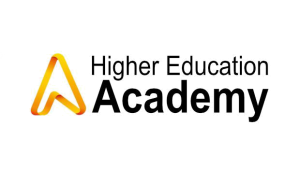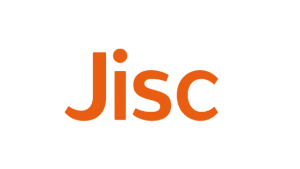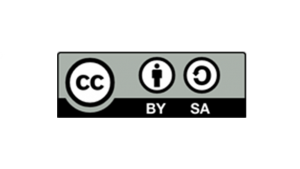What does it mean to become a critically reflective practitioner?
This study area is intended to…
…introduce you
to pedagogic theory and concepts including epistemology (knowing) and ontology (being) and deep & surface approaches to learning
…encourage you
to think about how you might integrate knowing, acting and being within your specific context as a supporter of learning (i.e. lecturer; technician; acting coach; costume / lighting / stage designer etc)
…prompt you
to think about how you might enhance your approach to teaching in Higher Education
..encourage you
to create a
Reflective Portfolio
Reflective practice is driven by questions, dialogue, and stories; it is fundamentally structured around inquiry. In this area you are invited to consider different ways of reflecting which challenge the notion that reflection is just ‘thinking about stuff’. You are encouraged to keep a Reflective Portfolio as regular, informed reflection is necessary to engage in the Scholarship of Teaching and Learning (SoTL), a concept which underpins all accredited programmes of Learning and Teaching in Higher Education.
”By developing the ability to explore and be curious about our own experience and actions, we suddenly open up the possibilities of purposeful learning—derived not from books or experts, but from our work and our lives.
Joy Amulya, What is Reflective Practice?Center for Reflective Community Practice at MIT. Cambridge. MA. USA
Study Rooms
You are now invited…
to enter the Reading Room and study at least two of the following papers by Richardson, Haggis or Dell’Alba. Make your own brief notes on the papers in your Reflective Portfolio. We recommend that you spend some time in the Visual Resources and Case Study Rooms before you go into the Reflection Room. In these rooms you will encounter a wide range of material related to reflective practice and you will be able to respond more easily to the Reflection Prompts that you encounter in the Reflection Room.
The first Reflection Prompt…
will suggest that you complete a self assessment and you will find a simple form to help you do this. We suggest you undertake this task twice a year in order to track your progress and become an experienced reflective practitioner. The second Reflection Prompt suggests how you might reflect on your daily or weekly teaching to accrue evidence for your Portfolio.




